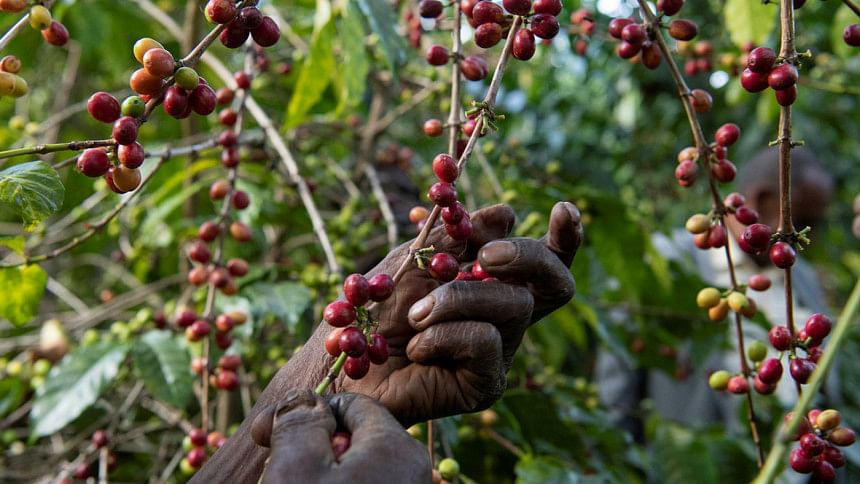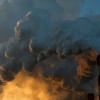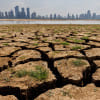Many coffee species threatened with extinction

Climate change and deforestation are putting more than half the world's wild coffee species at risk of extinction, including the popular commercial coffees Arabica and Robusta, scientists warned yesterday.
Research published by experts at Britain's Royal Botanic Gardens at Kew found that current conservation measures for wild coffee species are not enough to protect their long-term future.
Aaron Davis, head of coffee research at Kew, who co-led the work, said that among coffee species threatened with extinction are some that could be used to breed and develop the coffees of the future, including some that have resistance to disease and that can withstand worsening climatic conditions.
He said targeted action is urgently needed in specific tropical countries, particularly in Africa and particular in forested areas which are being hit hard by climate change.
"As temperatures increase and rainfall decreases - the suitable area for growing ... diminishes," Davis told Reuters.
He noted the findings were not just important for coffee drinkers. "There are many countries which depend on coffee for the ... bulk of their export earnings. It's estimated there are 100 million people producing coffee in farms around the world."
The researchers, whose work was published yesterday in the journals Science Advances and Global Change Biology, said their findings are a concern for Ethiopia in particular.
Ethiopia is the natural birthplace of wild Arabica coffee and Africa's largest coffee exporter. Around 15 million Ethiopians are involved in coffee production and annual exports have an estimated value of a $1 billion.
Using computer modelling, the researchers projected how a changing climate would affect wild Arabica in Ethiopia. They found what they described as "a bleak picture" for the species, with the number of locations where it grows decreasing by as much as 85 percent by 2080.
In 2017, the team then looked at the influence of climate change on coffee farming, showing that up to 60 percent of the land used for Ethiopia's coffee production could become unsuitable for use by the end of the century.

 For all latest news, follow The Daily Star's Google News channel.
For all latest news, follow The Daily Star's Google News channel. 








Comments